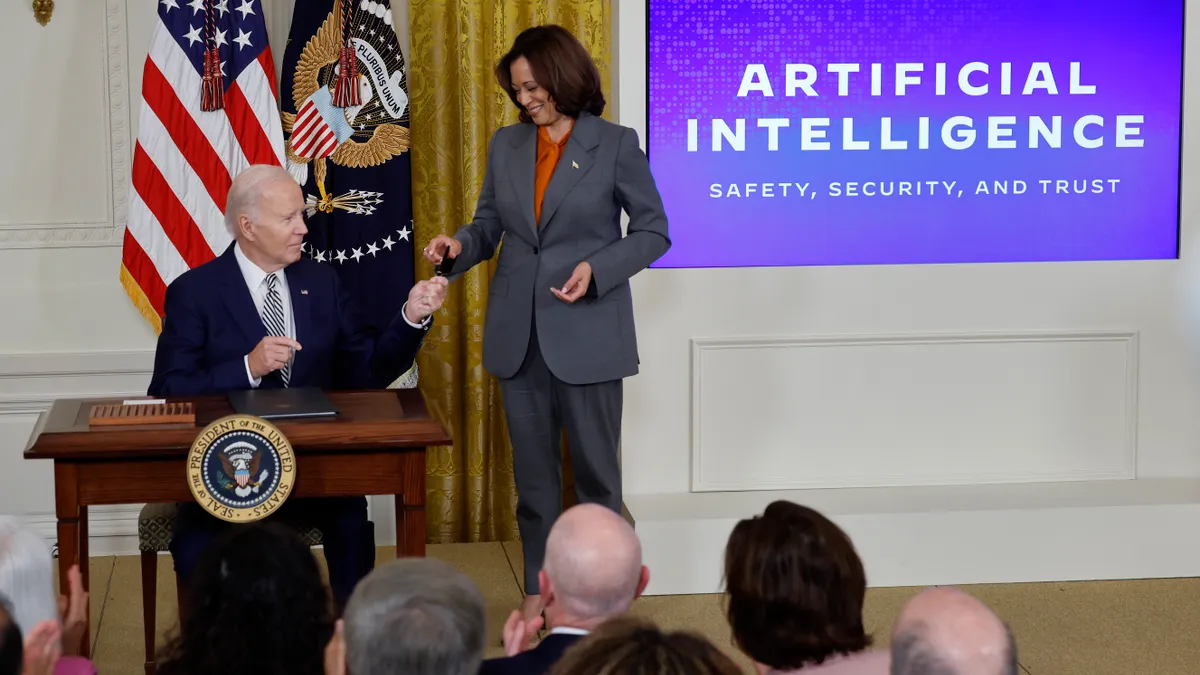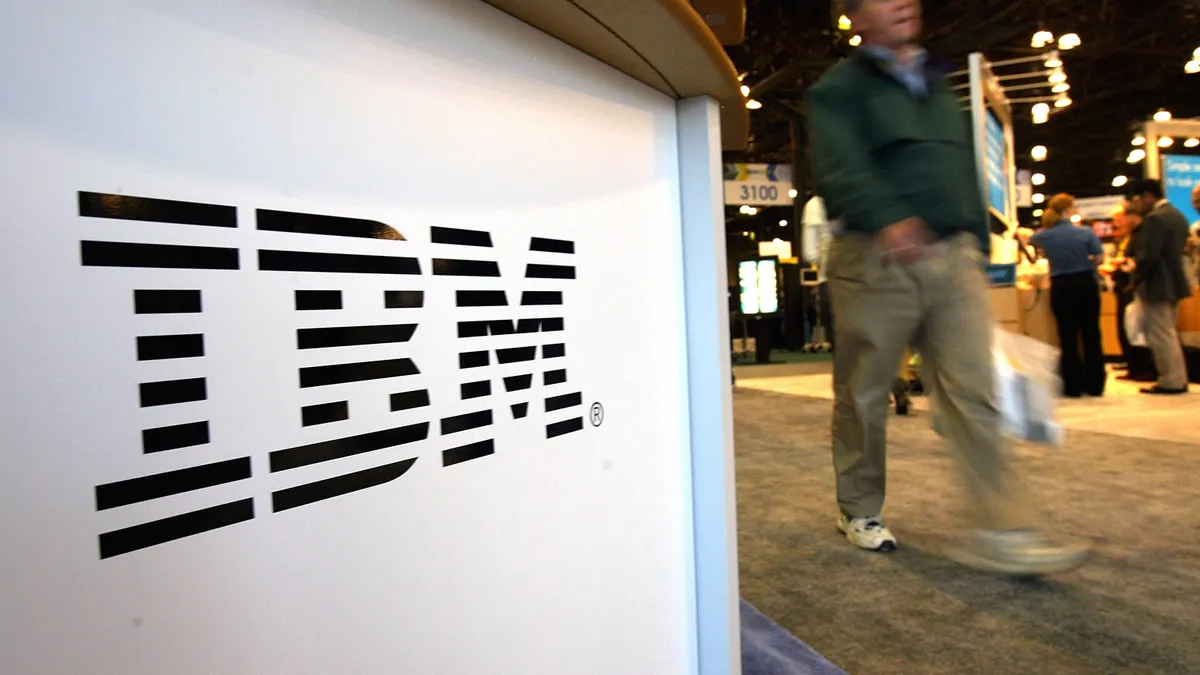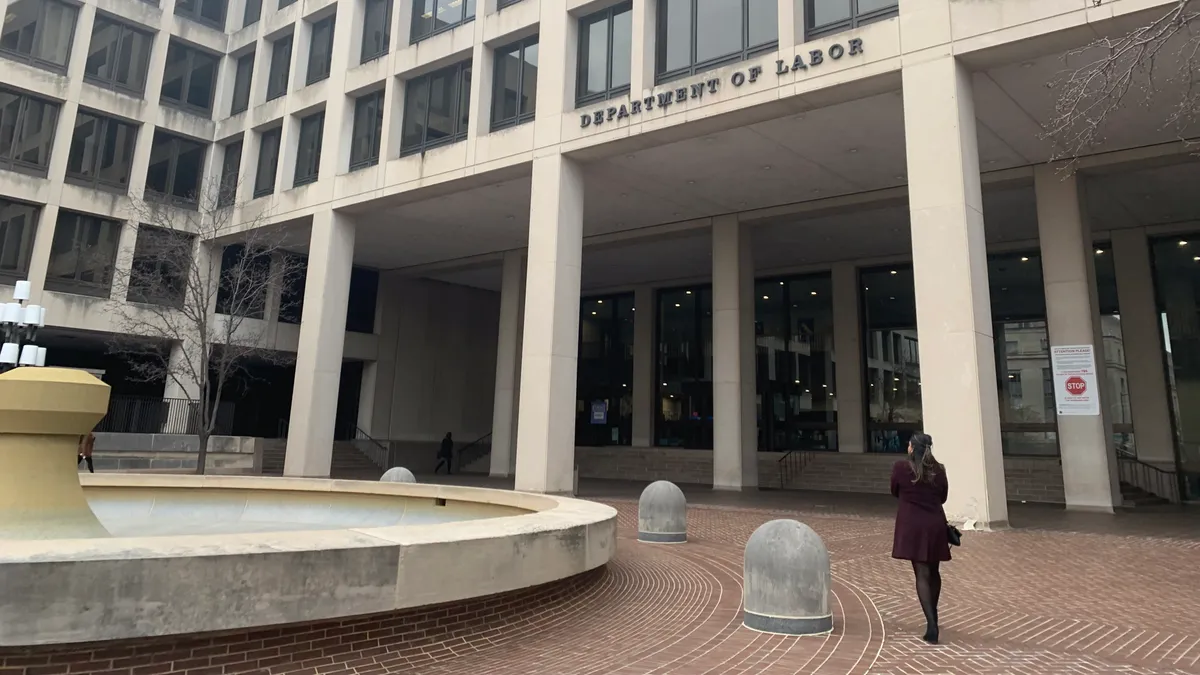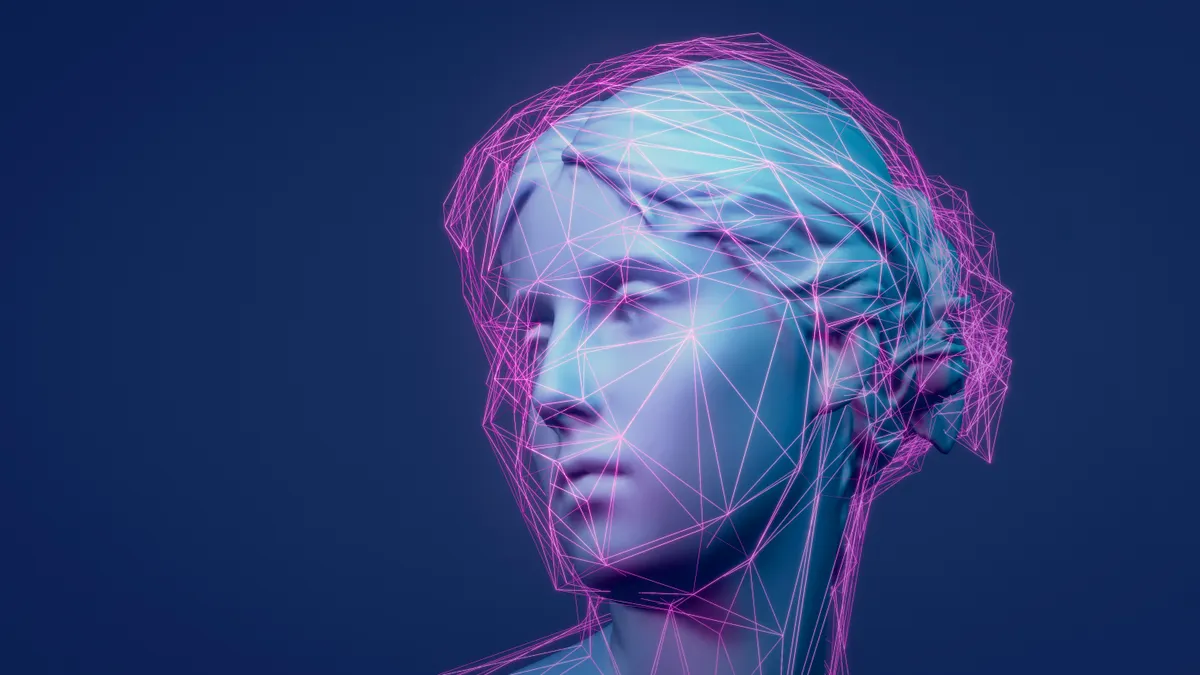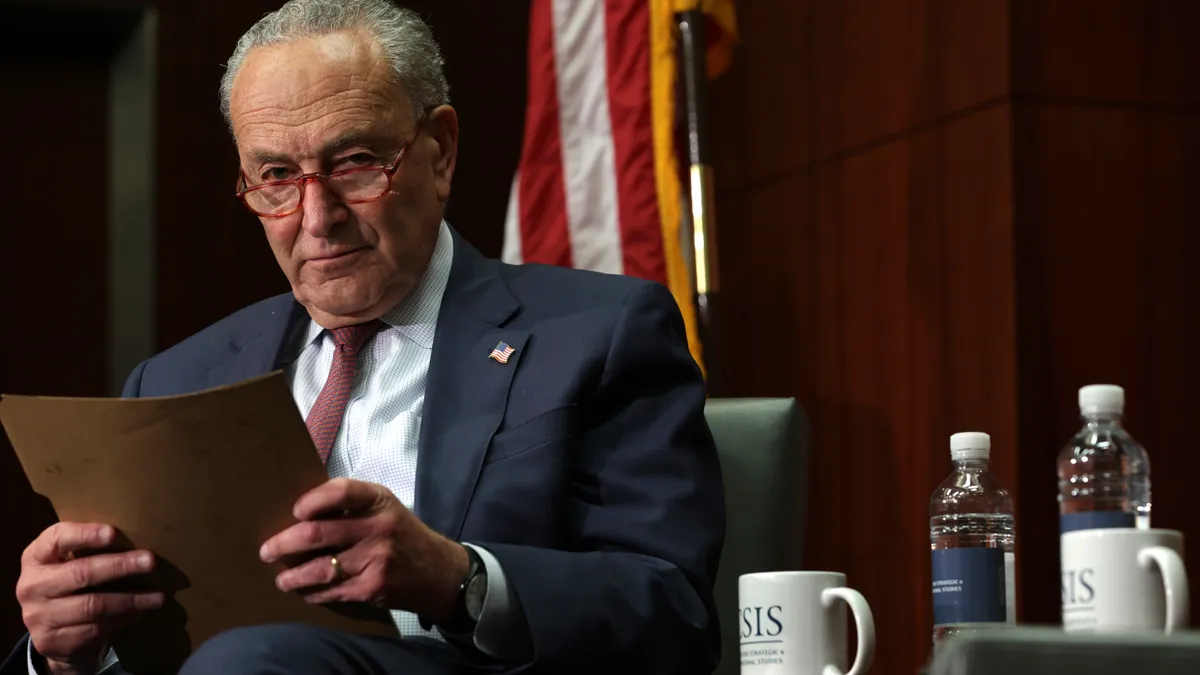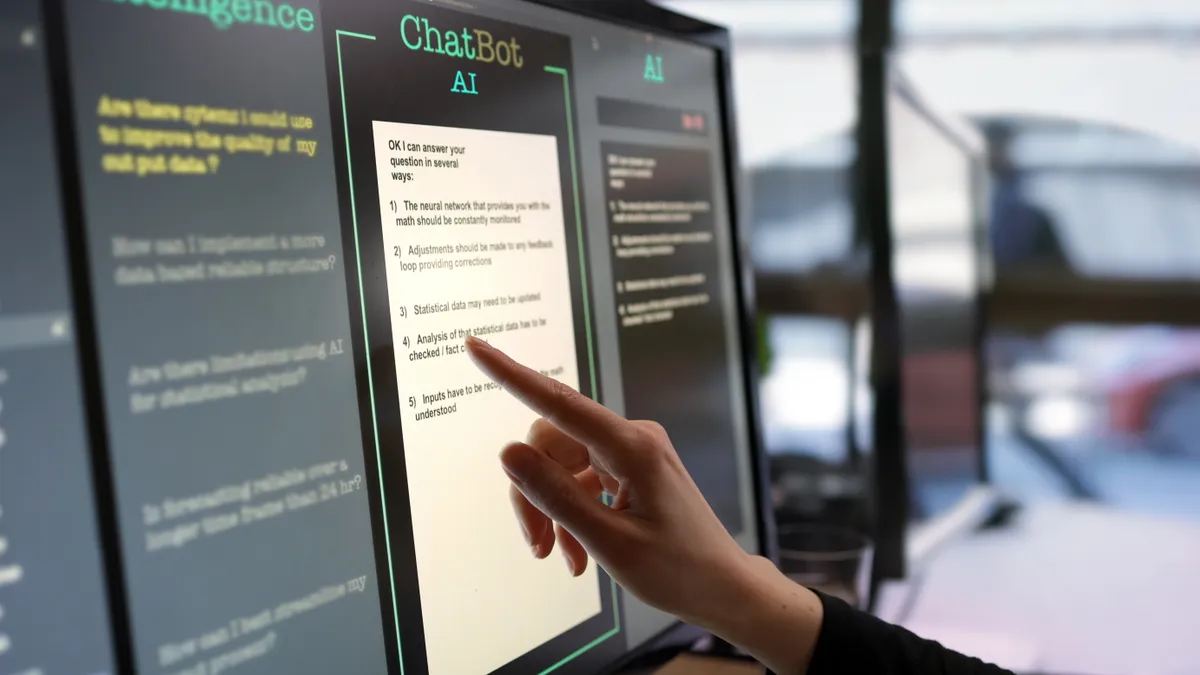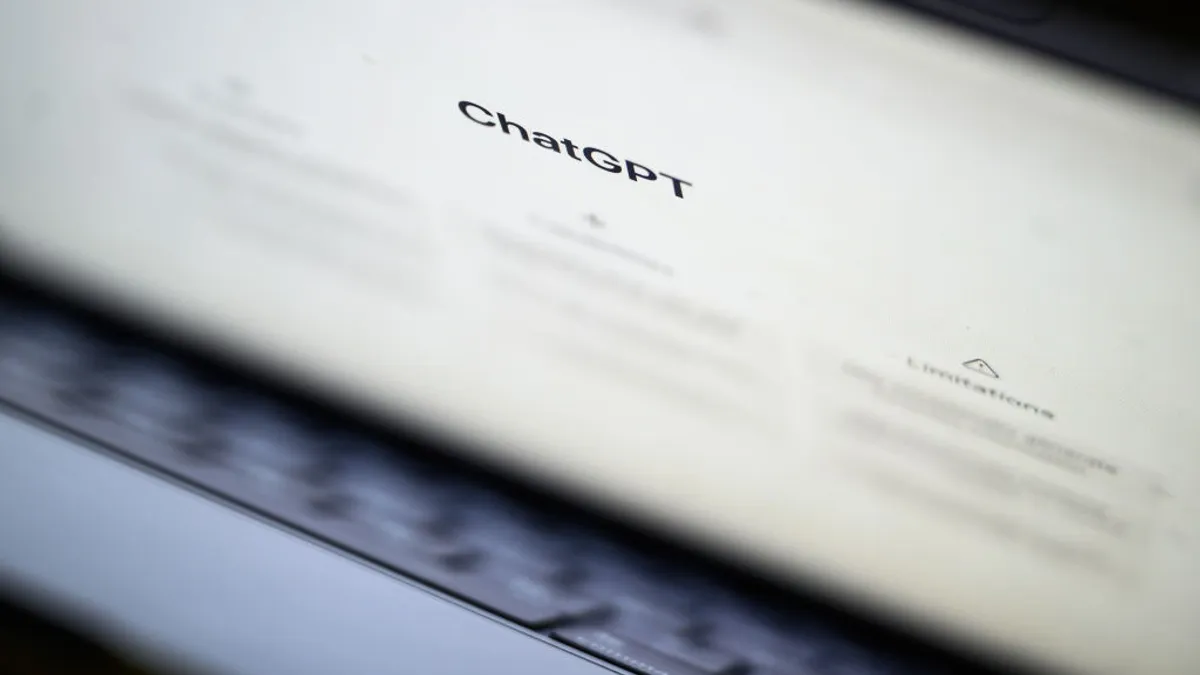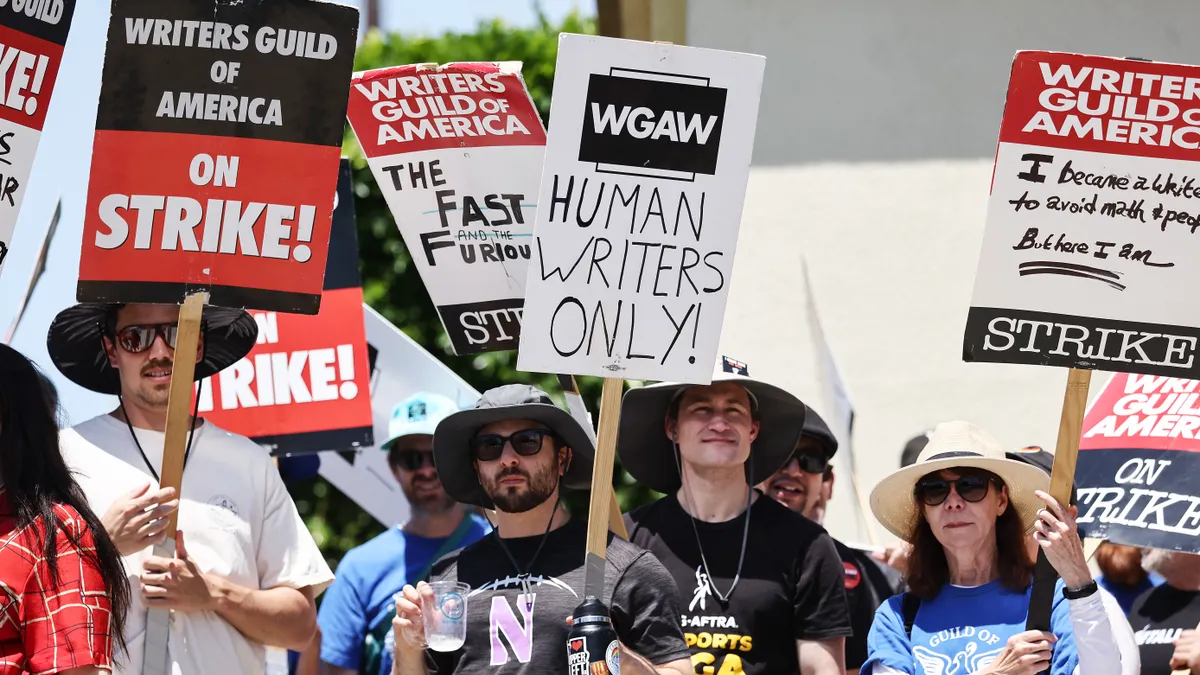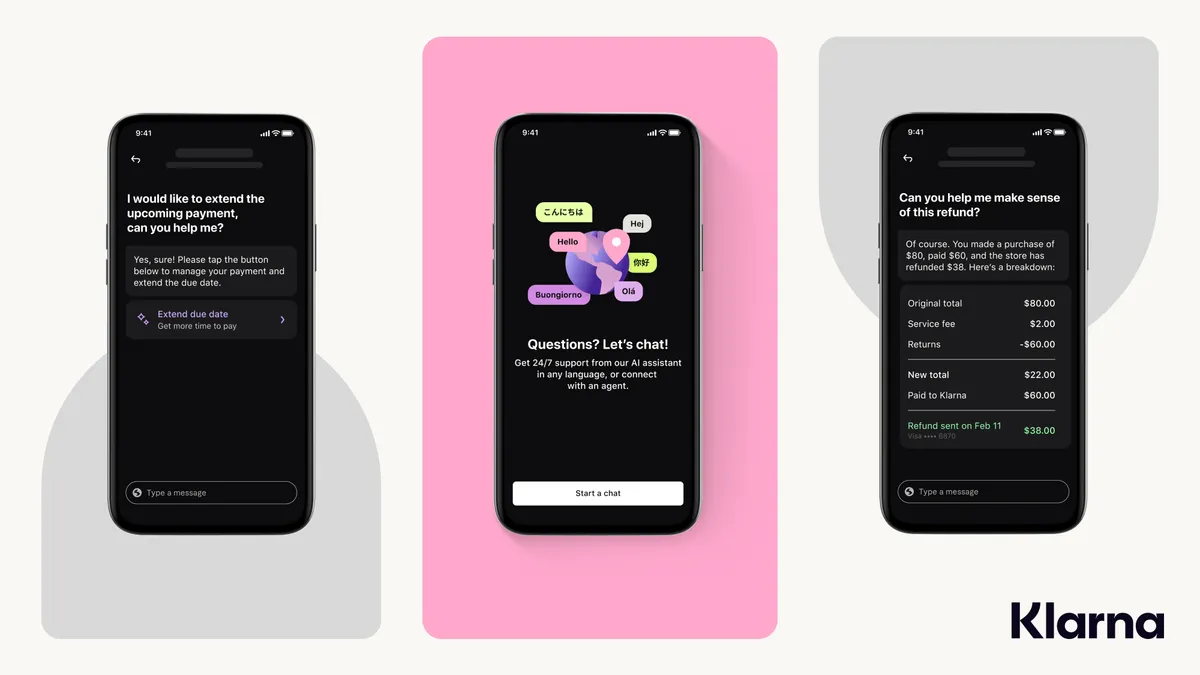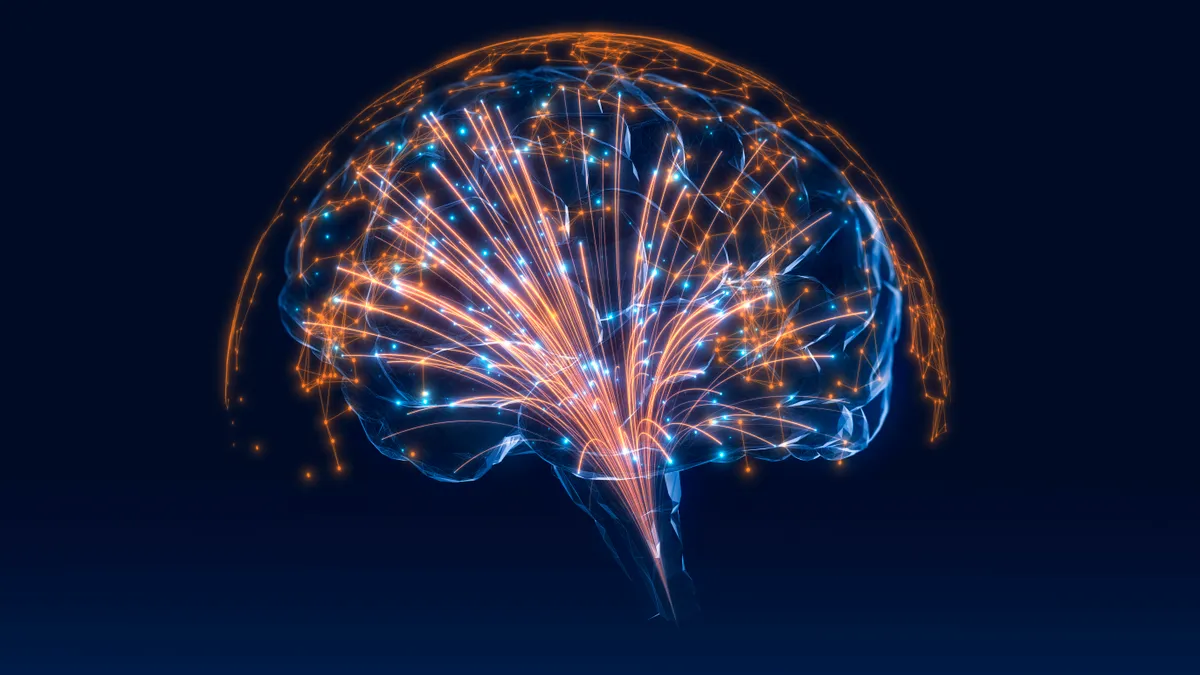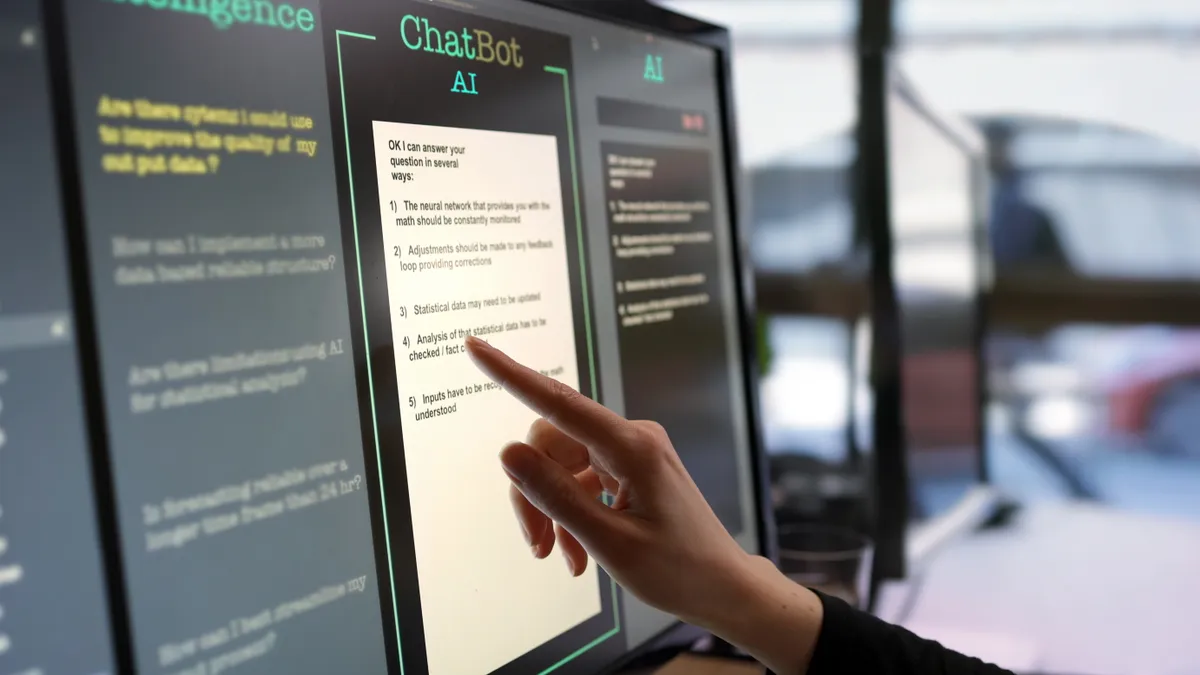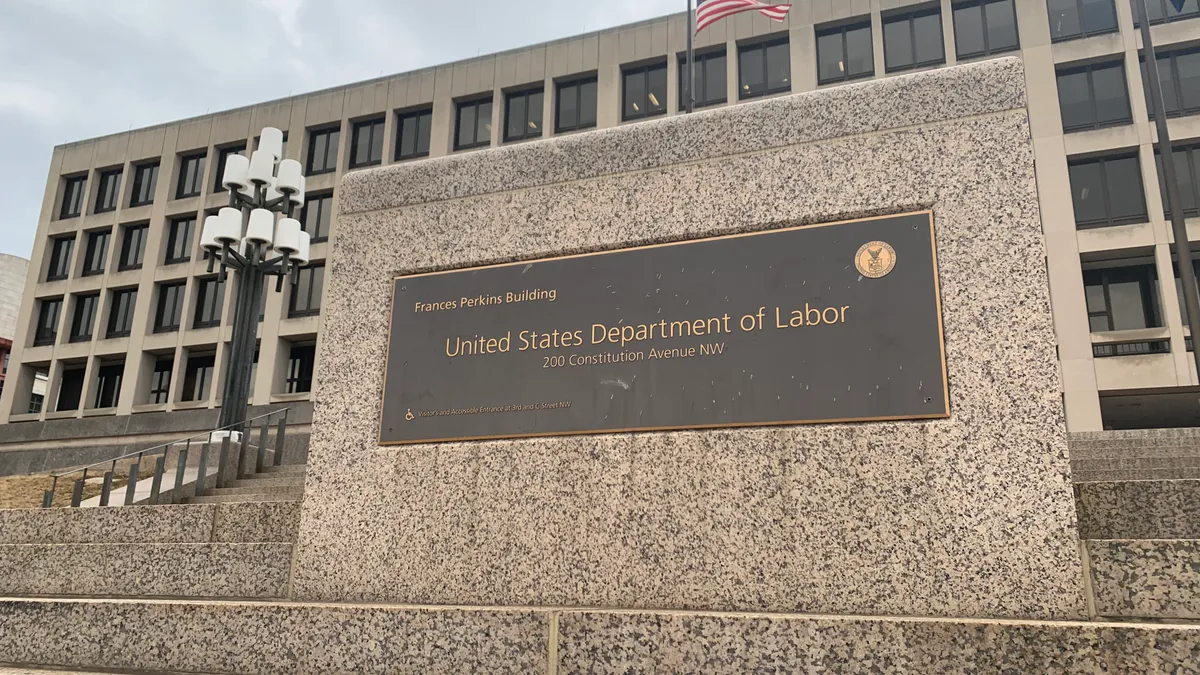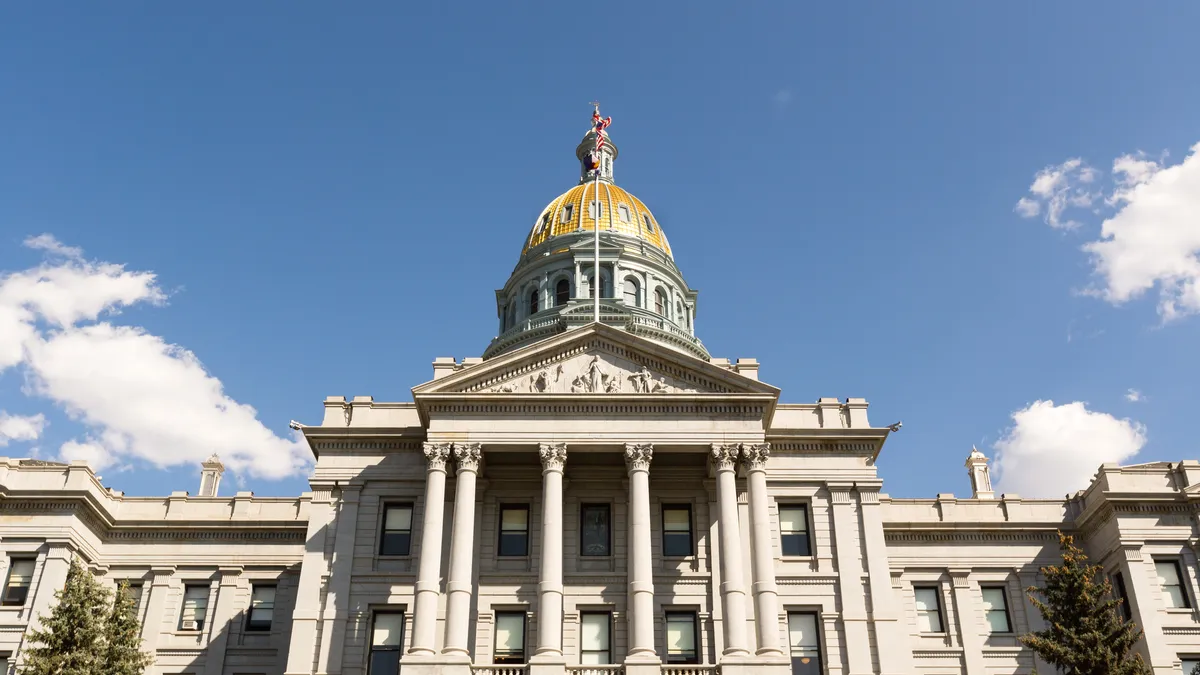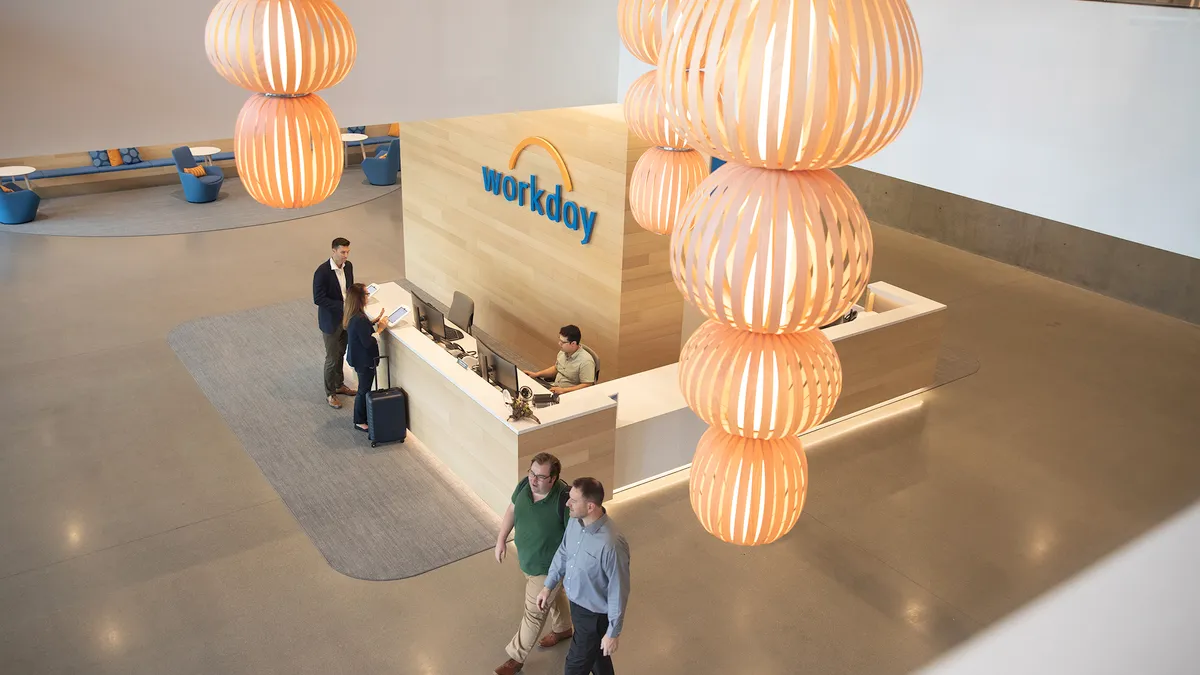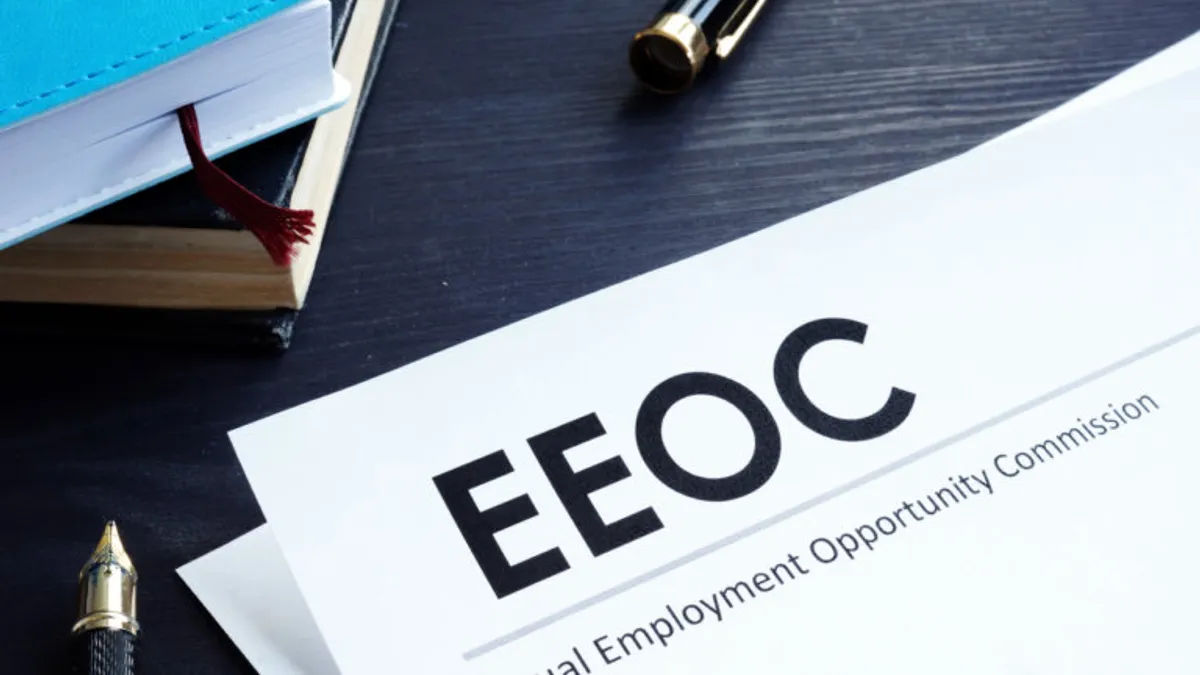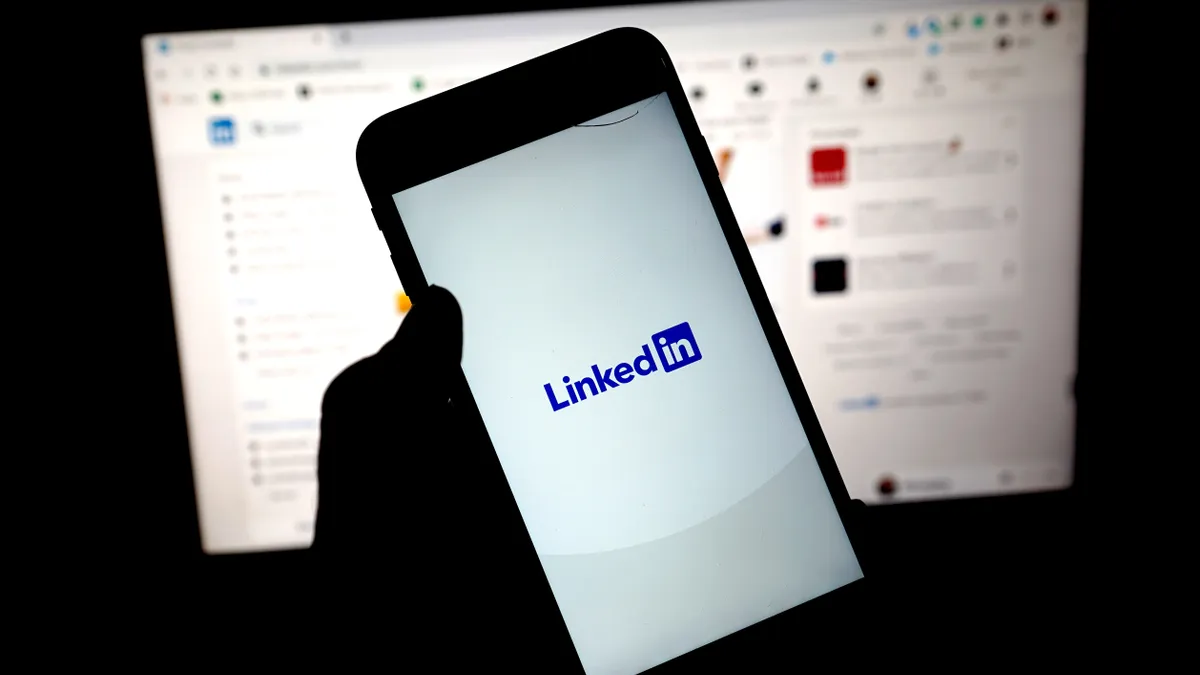Dive Brief:
- U.S. employers in an annual Littler Mendelson survey exhibited a nearly 50-50 split on the use of generative artificial intelligence for HR tasks, as 51% said their organizations did not use generative AI for HR while 49% did, according to results published by the law firm Wednesday.
- With respect to using AI for HR, most of the more than 400 in-house lawyers, executives and HR professionals surveyed were at least moderately concerned about complying with state, federal and international data protection and information security laws. That contingent included 81% of respondents representing large organizations, Littler said.
- Employers were also concerned about employment law enforcement generally, with 8 in 10 stating they expected at least a moderate impact from the U.S. Department of Labor in the next year. Seventy-three percent said the same of the National Labor Relations Board.
Dive Insight:
AI’s status as a curiosity for HR departments did not last very long: The majority of C-suite leaders in a Deloitte survey published last week said they were seeking to change their talent strategies due to AI. That follows reports from other sources that stressed the need for organizations to develop AI-specific strategies for the workplace.
Littler’s survey, however, appears to show that there may still be a significant level of hesitancy in the industry around AI. Of those using generative AI for HR in the survey, the plurality said they were using the technology to craft HR-related materials or for self-service in the form of chatbots.
“Employers should be intentional about their generative AI usage, not only with regard to whether they use it at all, but also how, why and when,” Niloy Ray, shareholder at Littler, said in a press release Wednesday. “Policies governing the safe usage of AI can help protect against inadvertently running up against data privacy, discrimination and other potential vulnerabilities, along with the reputational issues that can stem from AI hallucinations.”
Slim majority of employers not using generative AI for HR
Compliance risks in the AI space include the growing number of laws governing use of the tech to evaluate job candidates. At least three jurisdictions have such laws in place, including the states of Illinois and Maryland as well as New York City. At the federal level, the U.S. Department of Labor recently provided guidance around how AI could interact with various employment laws. Others are concerned about the potential diversity, equity and inclusion implications of AI tech.
Still, approximately 52% of all jobs are expected to change significantly due to future integration of generative AI within the next decade, according to a report by Cognizant and Oxford Economics. A February report by the Society for Human Resource Management and The Burning Glass Institute found that the tech will have the most notable effects on companies in the finance, insurance, professional services and information systems industries — with the potential for a “high human cost,” the report said.
A large majority of employers responding to Littler’s survey downplayed concerns about job displacement due to AI, however. Eighty-eight percent said they were either slightly or not at all concerned about this.



